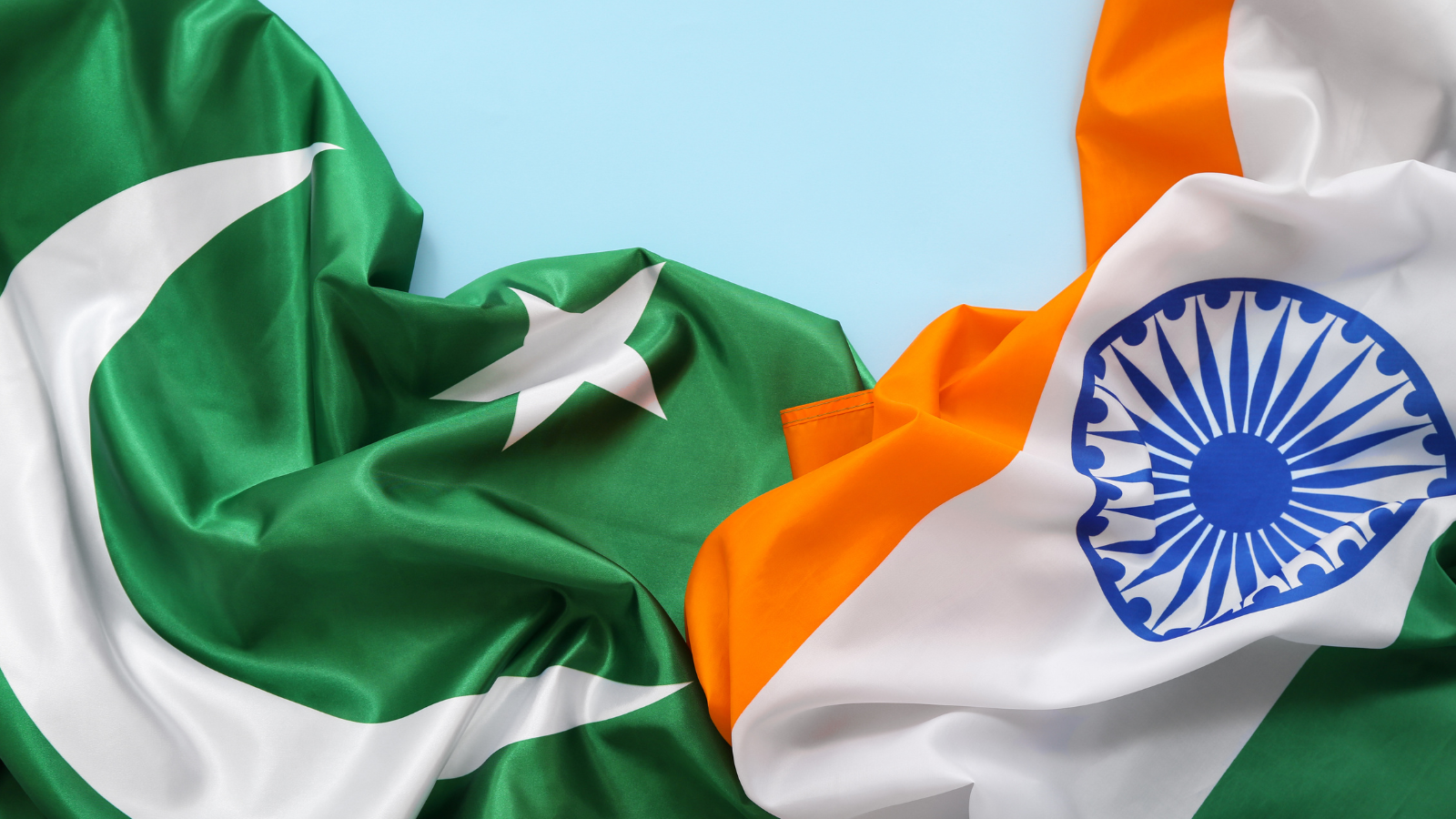On the recent military clashes between India and Pakistan
On May 6-7, India launched a series of “counter-terrorism” attacks on Pakistan. Code-named “Operation Sindoor”, Indian military forces fired long-distance missiles and drones against Kashmiri Islamic extremist camps based in Pakistan, and also against Pakistani government airbases. The Indian military offensive came in response to recent outbreaks of religious violence and massacres of civilians in Pahalgam and other parts of the Indian-administered section of Kashmir. India claims that Pakistan is behind these extremist attacks in Kashmir, but has failed to present any evidence to substantiate these claims.
In retaliation to this Indian action, the Pakistani air force reportedly destroyed several Indian fighter jets and also bombed some Indian ground facilities. Dozens of military and civilian casualties resulted on both sides of the frontier. Within days and at the urging of the regional and international community, India and Pakistan agreed to a ceasefire, but tensions remain high and pro-war hysteria continues to be whipped up by the rightwing BJP government in India led by Narendra Modi, and in the Indian mass media and on social media platforms, although left and democratic forces within India have come out strongly against further military confrontations.
The conflict in Kashmir has a long history, rooted in the British-imposed terms of partition of the sub-continent in 1947 which formally ended British colonial rule. Currently, Kashmir province remains divided into three sections, administered respectively by India, Pakistan and China, and numerous clashes have taken place over the years because of this tenuous and inherently unstable arrangement.
Formally, all three regional powers – India, Pakistan and China – favour peace in this Himalayan enclave, but nefarious forces are intent on using the dispute over the future of Kashmir to fuel distrust and enmity between these states in service of their own imperialist geo-political goals, which include fomenting disunity within the BRICS, and stifling the development of China’s Belt-and Road Initiative (BRI) – important trade routes of which will pass through Pakistan.
The Communist Party of Canada welcomes the ceasefire reached between India and Pakistan but this temporary fix only ‘kicks the can down the road’ until another military clash erupts. Given that both India and Pakistan possess nuclear weapon arsenals (as well as China), this non-solution is highly dangerous to the peoples of this region and to world peace in general. We strongly urge peace and social movements and all peace-loving people of conscience to call for comprehensive negotiations leading to a lasting treaty over the future of Kashmir, one which has the support and approval of the Kashmiri people themselves. This is the only path to end foreign, primarily U.S. imperialist meddling – either directly or through the use of ‘proxy’ extremist groups – and to guarantee the peace and unity of all of the peoples of the region.
Central Committee, Communist Party of Canada


